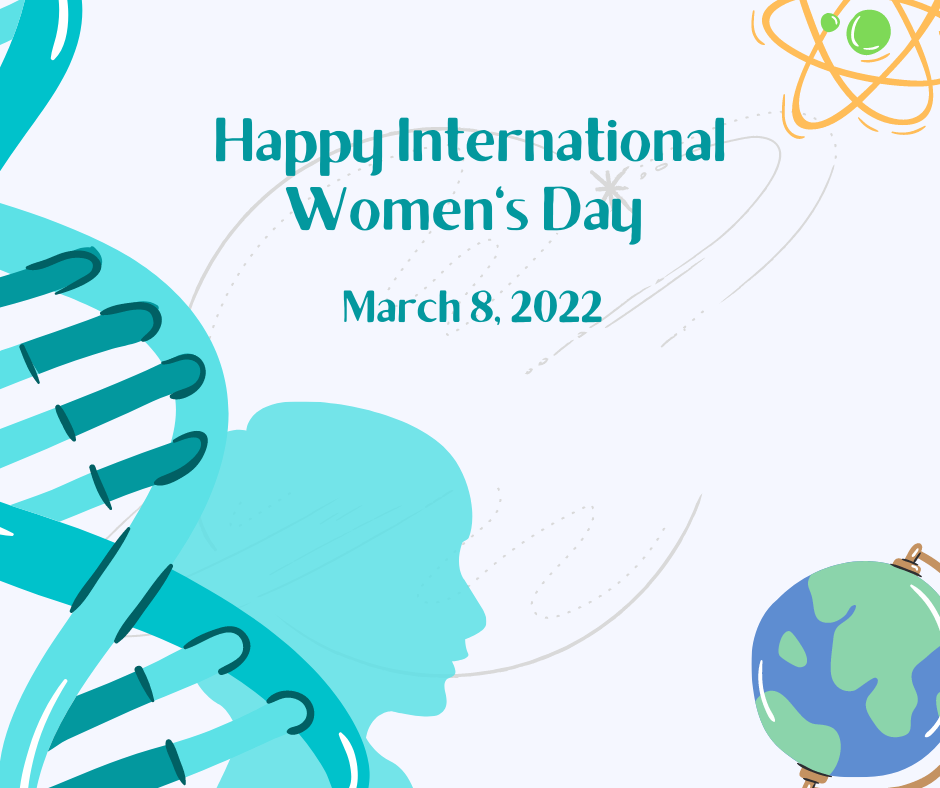5 Women in Science Who You Need to Know
#WomeninScienceAda Lovelace (1815-1852)
Ada was the first ever computer programmer, she invented an algorithm for a computer long before they existed. The early programming language Ada was named for her, and the second Tuesday in October has become Ada Lovelace Day.
Marie Curie (1867-1934)
Marie Curie was the first person to win the Nobel prize, and the only person to win the Nobel prize in both physics and chemistry. She conducted important research on radioactivity. In World War I, she dedicated herself to alleviate suffering through the use of radium. She also headed the Curie institute, a leading medical research centre in France which focuses on cancer and radiation therapy.
Katherine Johnson (1918-2020)
Katherine Johnson was a mathematician and the first African American woman to work for NASA. She made the calculations which allowed the first Americans to set foot on the moon. She retired in 1986, after 33 years at Langley. “I loved going to work every single day,” she said. In 2015, President Obama awarded her the Presidential Medal of Freedom, America’s highest civilian honor.
Rosalind Franklin (1920-1957)
Rosalind Franklin was the first person to discover the molecular structure of DNA. Although making this landmark discovery, she was not properly credited with this. A previous colleague of hers, Maurice Wilkins, revealed some of her unpublished data to James Watson and Francis Crick, who then went on to create a famous DNA model, without acknowledging her work. It was only until after her death when Crick admitted that her contribution had been critical.
Jane Goodall (1934)
Jane Goodall is the most well known primate scientist in history. She is a champion of animal rights and renowned for her work studying the behaviour of chimpanzees. Studying chimpanzees for nearly 60 years, she has shown us the urgent need to protect this species from extinction and done important work to redefine conservation to include the needs of local people and the environment.
Without these five women, and so many others, these fields of study would not be the same. It’s important that we continue to honor these women and encourage and support women and girls to enter into their fields of interest and pursue their goals.




